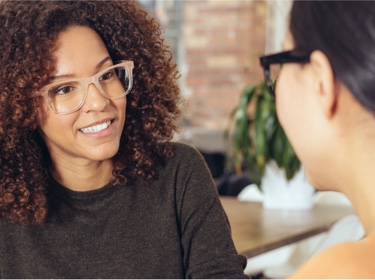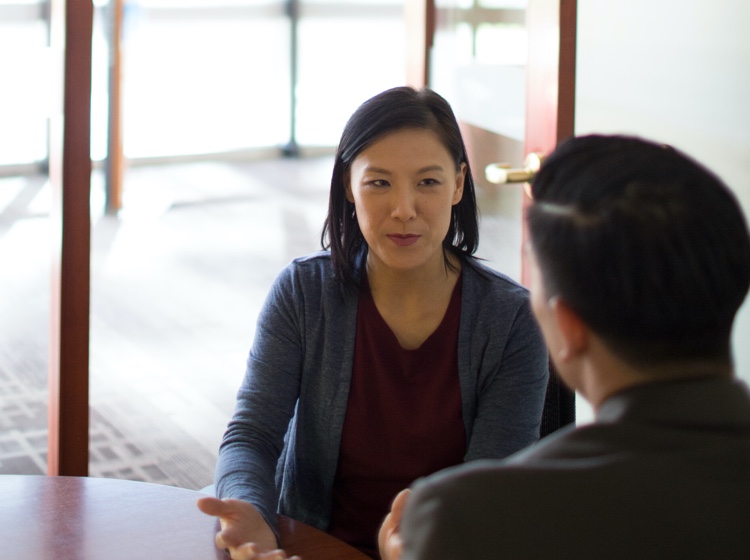Bank of America has always been the bank of opportunity for our shareholders, our clients and customers, our communities and our teammates.
We strive to make Bank of America a great place to work for our employees by providing access to a broad range of opportunities to achieve their professional goals and by maintaining a culture of caring for them and their families.
We are a company of approximately 213,000 talented employees who represent a diverse range of experiences, skills, backgrounds and perspectives across many dimensions.
Being a company of opportunity and inclusion for all
We are deliberate about the many ways we seek to create an inclusive environment where everyone has the opportunity to achieve their career goals.
This is core to our values, to our efforts to make the company a great place to work and to delivering on Responsible Growth for our clients, customers and communities around the globe.

Building a world-class talent base
Our company serves more than 70 million clients around the world. We commit to understanding and to addressing their individual financial needs, objectives and preferences. These vary widely, from young professionals and growing families, to small and mid-sized businesses, to multi-national firms and multigenerational families, to global institutions. This scope requires that we continuously build a global talent base with deep and broad skills, experiences, perspectives and tenures.
We are high-tech and high-touch, which also underscores the importance of our local presence, delivered through employees in the neighborhoods where they work and live. And we serve our clients as a unified team, investing in skill-based training and optional resources that help foster strong teamwork, partnerships and an inclusive environment for all. This helps ensure that every employee is able to pursue his or her opportunities for learning and career growth.

United in helping to combat hate
Our company has long stood united in the fight against all hate directed toward any group. We activated our multi-year $20 million commitment to support the Foundation to Combat Antisemitism as it focuses on raising awareness and combating hate through their national Blue Square campaign and their recently announced Timeout Against Hate campaign.

Employee Networks
We have 11 Employee Networks which support our culture of inclusion by providing teammates opportunities to meet new people, have an impact across multiple business lines and grow personally and professionally; they are open to all employees on a voluntary basis.
Our 11 Employee Networks are:
- Asian Leadership Network
- Black Professional Group
- Culture & Heritage Network, including the Jewish Heritage Chapter and Arab Heritage Chapter
- Disability Action Network
- Hispanic/Latino Organization for Leadership & Advancement
- Inter-Generational Employee Network
- LEAD (Leadership, Education, Advocacy and Development) for Women
- Lesbian, Gay, Bisexual, Transgender and Queer (LGBTQ+) Pride
- Military Support & Assistance Group
- Native American Professional Network
- Parents and Caregivers Network
